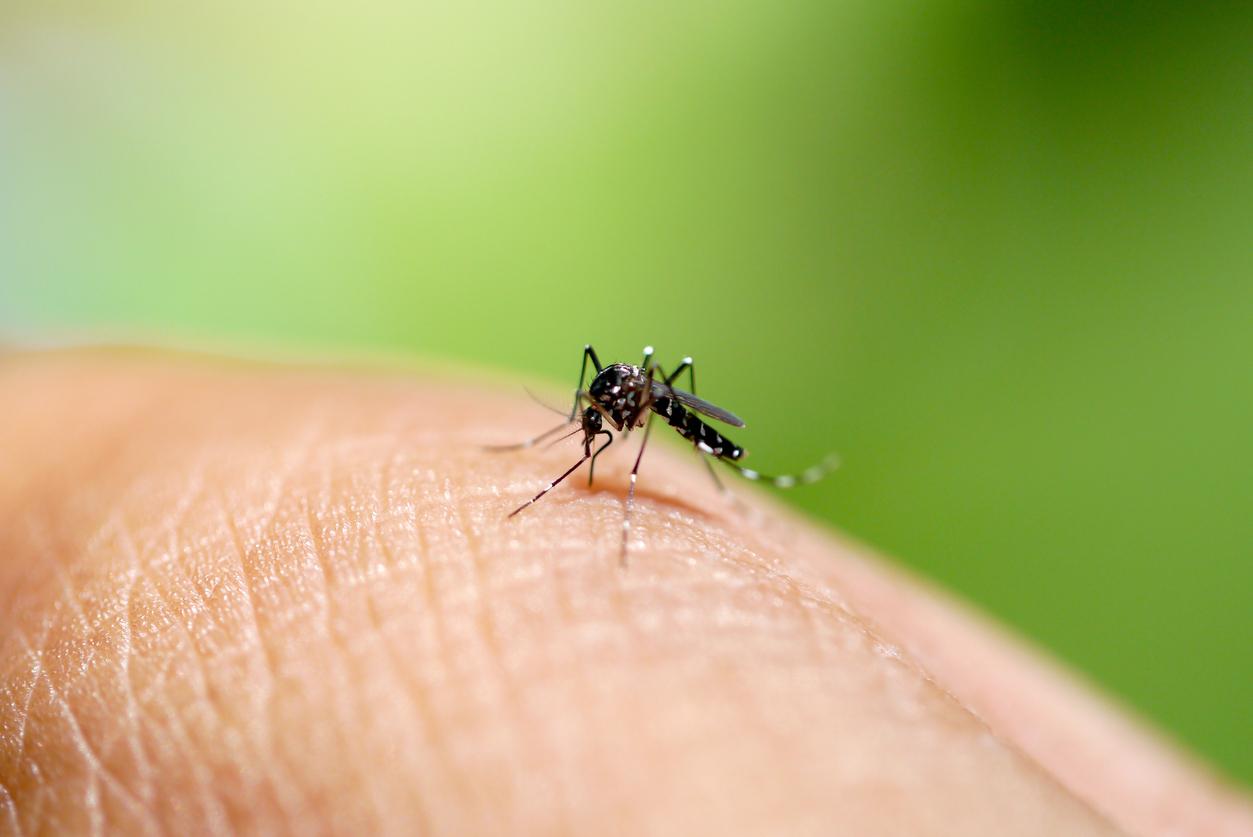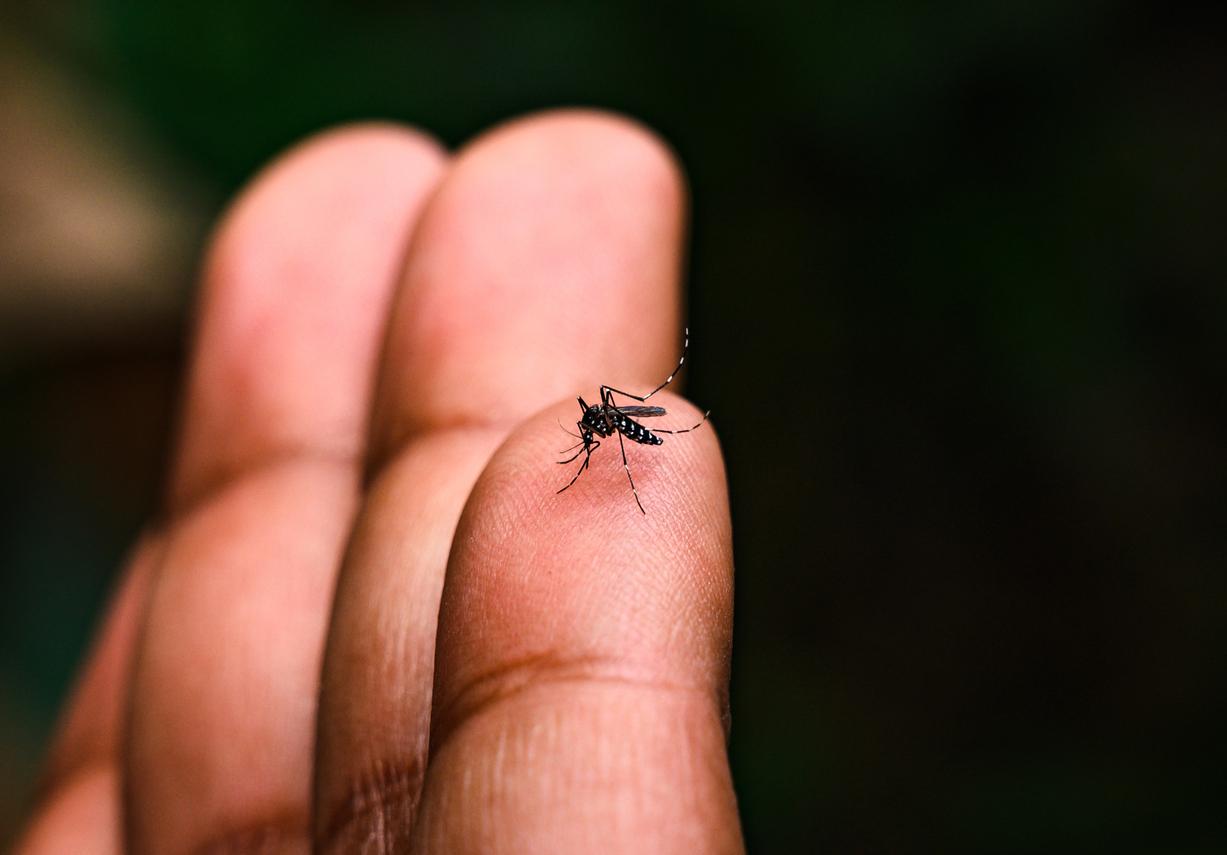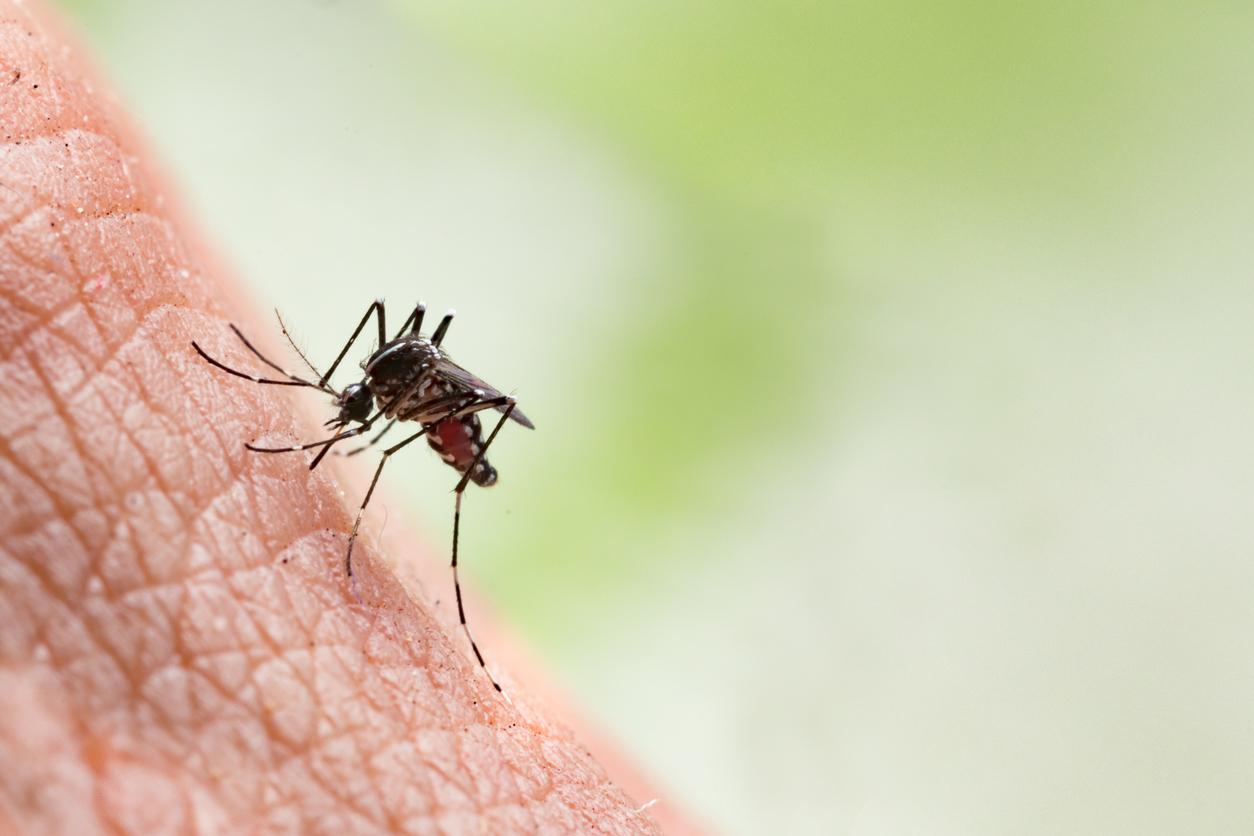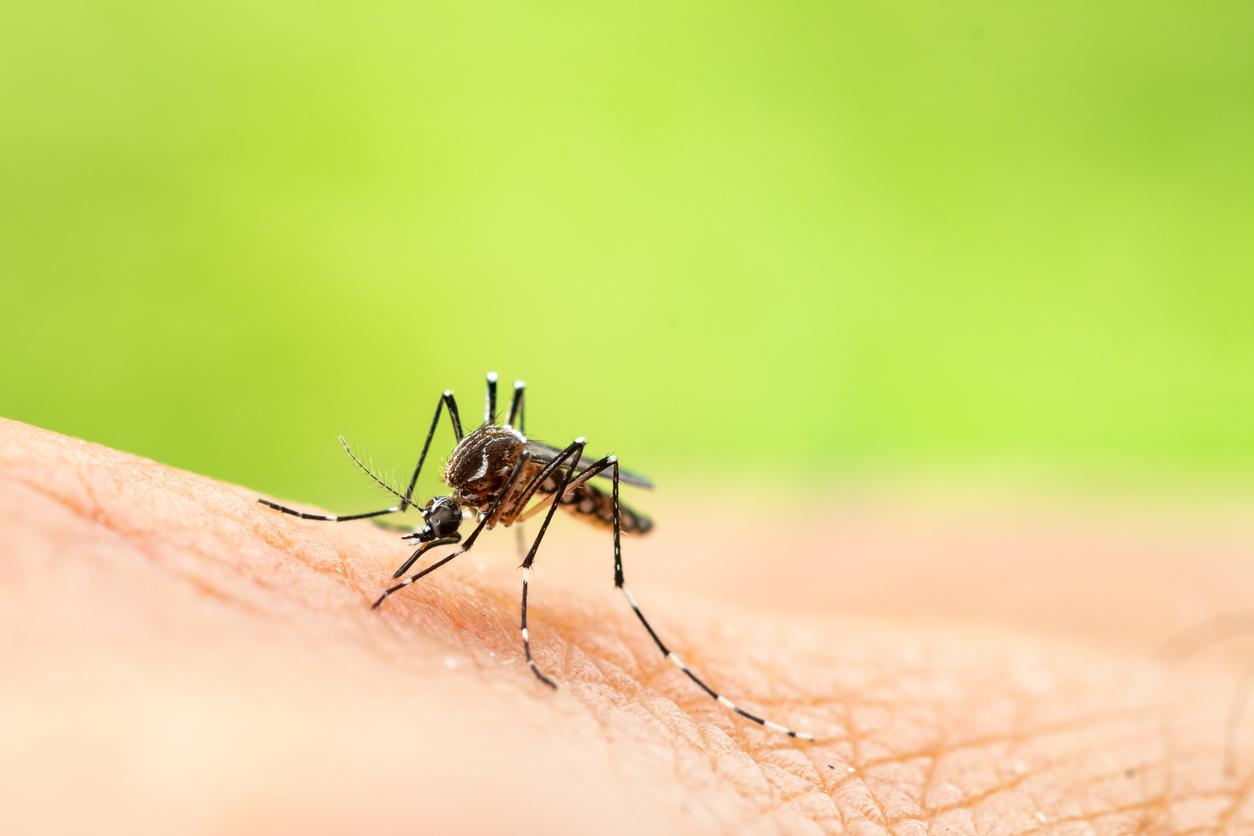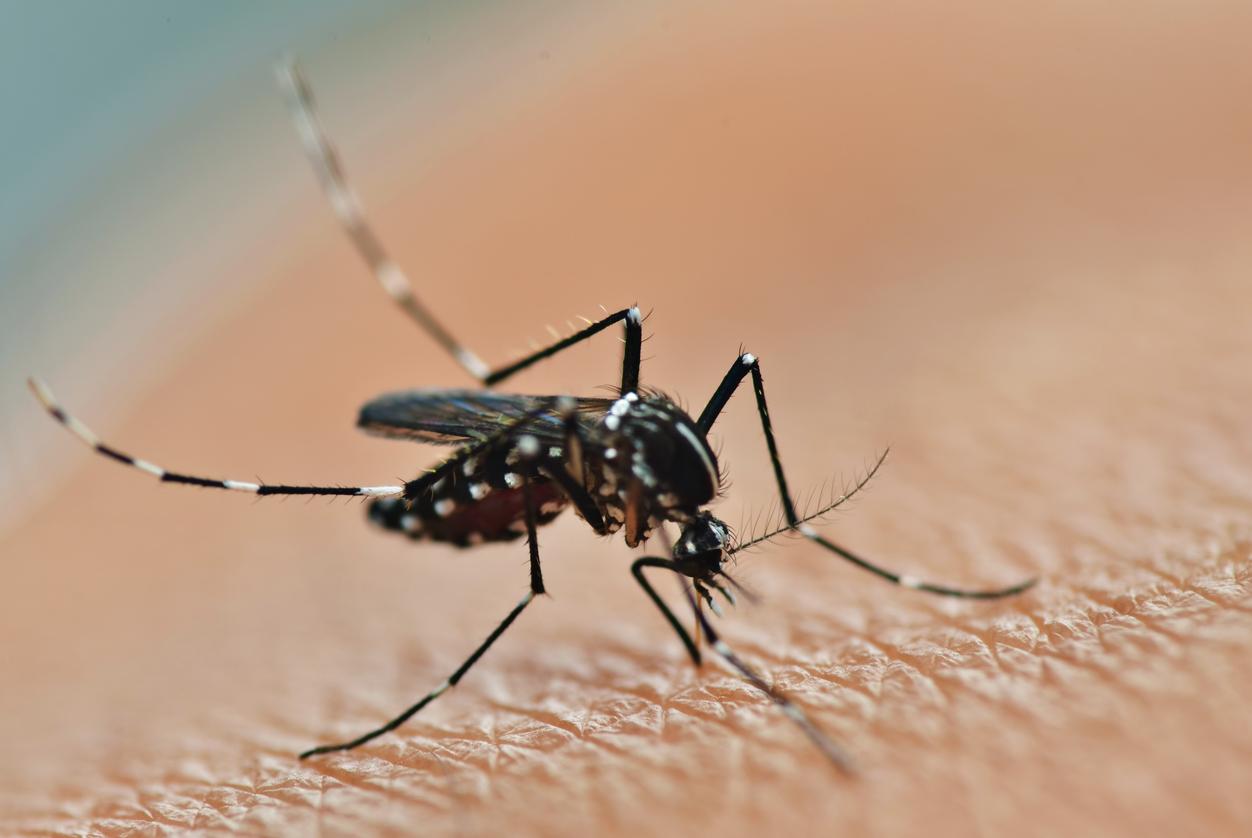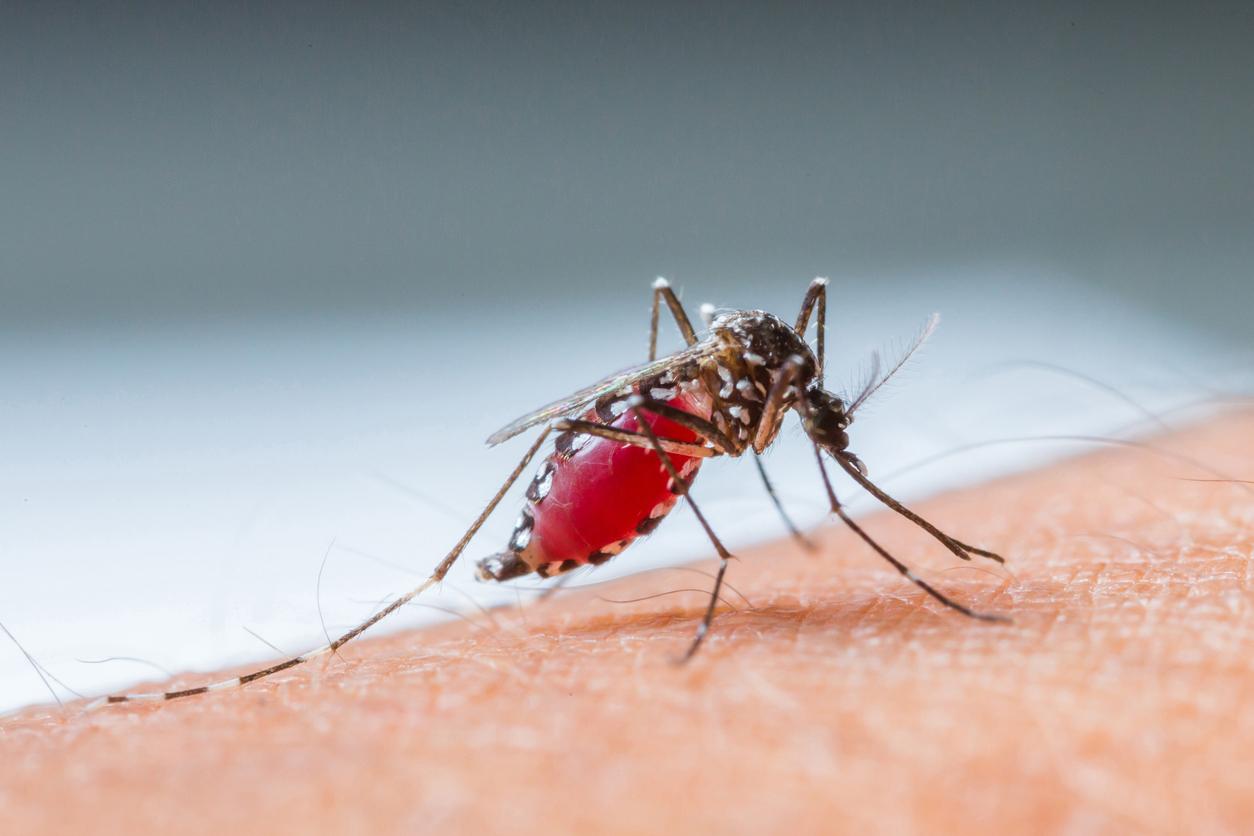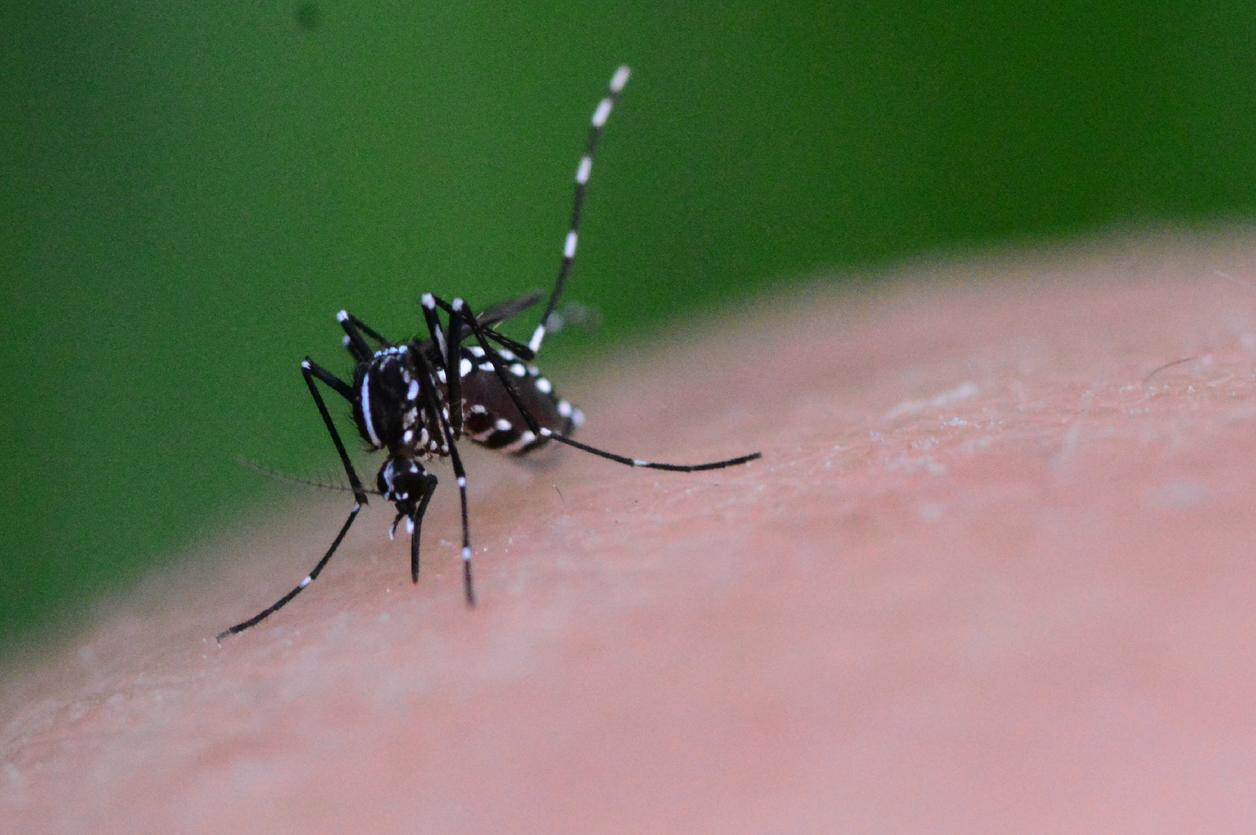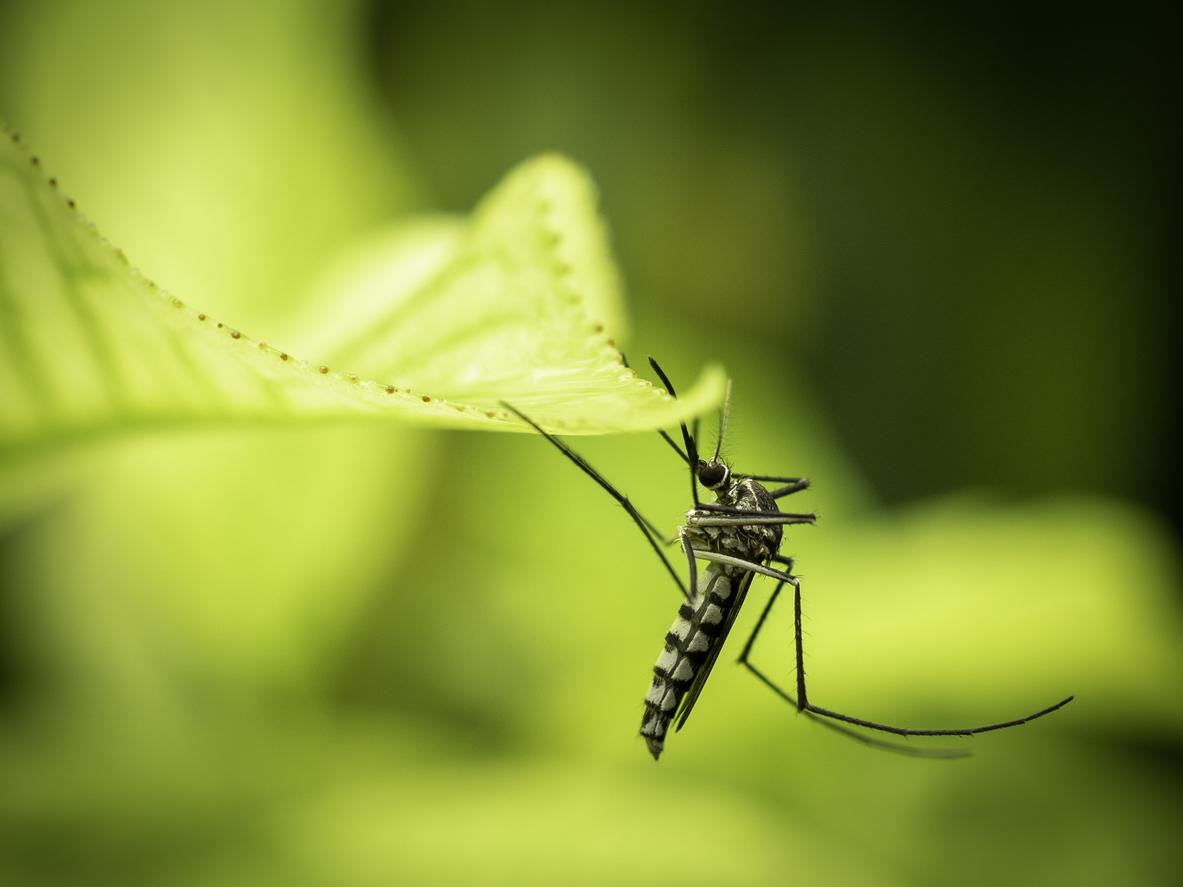French researchers have identified new genetic markers of mosquito resistance to insecticides, making it possible to better detect these resistances in the field.

Malaria, dengue, chikungunya, the control of mosquitoes that are vectors of human diseases represents a global health issue. Their ability to resist insecticide treatments now threatens the prevention of epidemics. To remedy this, French researchers (1) identified new genetic markers of mosquito resistance to insecticides. They could, in the long term, make it possible to better detect this resistance in the field. This work was published a few days ago in the journal Genome Research.
Bioinformatics targeting of more than 760 genes
Here, the researchers first used an original approach of massive DNA sequencing to identify the genetic basis of this resistance in mosquitoes. Aedes aegypti, a close cousin of the tiger mosquito and vector of dengue and chikungunya in tropical areas.
Indeed, rather than sequencing the entire genome of the mosquito, a costly and laborious method, the researchers targeted, by bioinformatics, more than 760 genes potentially involved in insecticide resistance.
After analyzing these genes by very high-throughput sequencing, the researchers determined that the increased activity of detoxifying enzymes in resistant mosquitoes was frequently caused by an increase in the copy number of the genes encoding these enzymes. They also showed that mutations affecting these enzymes could increase the biodegradation of insecticides in resistant mosquitoes.
Adapt treatments to resistance
The researchers also observed that resistance biomarkers appear to be poorly preserved depending on the continent. These results suggest that among the large panel of detoxifying enzymes acquired by mosquitoes during their evolution (sometimes more than 200 genes), the reuse of some of them by mosquitoes to resist chemical insecticides depends closely on the evolutionary history of populations, influenced by gene flow between populations and the appearance of mutations, but also of their environment, such as the use of pesticides in agriculture.
“This work represents a major advance in the understanding of the genetic mechanisms developed by mosquitoes to adapt to insecticides and opens up new perspectives for detecting them early, via molecular tests for example, in order to better combat them in the field. by effectively adapting treatments to the various resistance phenomena ”, states the CNRS press release.
In the meantime, this work has already enabled researchers to initiate a consortium bringing together more than 40 countries and 10 institutions in order to carry out the first global mapping of the mechanisms of mosquito resistance to insecticides. This large-scale initiative has already received support from the World Health Organization (WHO).
(1) From the Alpine Ecology Laboratory (CNRS / UJF / University of Savoie Mont-Blanc), belonging to the Observatory of Sciences of the Universe of Grenoble, of the medical entomology unit of the Institut Pasteur de Guyana, from the Infectious Diseases and Vectors, Ecology, Genetics, Evolution and Control laboratory (CNRS / IRD / University of Montpellier), from the Rhône Alpes bioinformatics center of the University of Lyon 1 and their international partners.
Source: CNRS press release
All you need to know about insect bites +++
.







